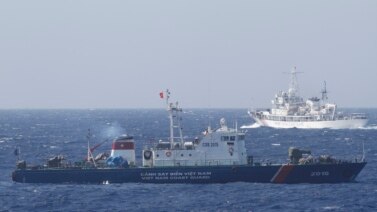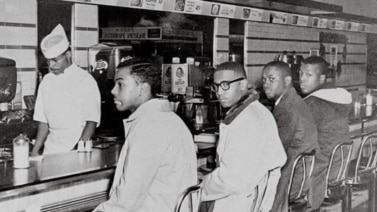
In May, anti-China protestors in Vietnam caused damage to at least 460 factories owned by foreigners. Thousands of foreign investors fled Vietnam. They feared there would be more riots. But foreign investment has now returned to levels that existed before the protests. The flow of money returned for three main reasons. The government has promised to protect foreign investors. Also, the economy continues to grow. Finally, the cost of manufacturing remains low.
Clothing, furniture and electronics factories have begun operating again in Vietnam. Twenty people died in the protests and hundreds were injured. The protestors were angry about China’s placement of an oil industry structure in waters that Vietnam claims as its territory. Long-term tensions between the two countries worsened. China and Vietnam fought a border war in 1979.
Foreign investment is 17 percent of Vietnam’s economy and 66 percent of its exports. It provides half of Vietnam’s tax income.
Ralf Matthaes is the owner of a market advising company in Ho Chi Minh City. He says foreign investment has returned because of the government’s strong actions.
Foreign investors from Japan, Singapore, South Korea and Taiwan have entered Vietnam since the government ended investment restrictions in 1987. Their projects have helped support Vietnam’s $155 billion economy and have lowered poverty by adding jobs.
In July, China moved the platform following talks with Vietnam. Before the riots, China was the seventh-largest investor in Vietnam. Last year, it invested $2.3 billion in the country. That was six times more than in 2012. Much of that investment was materials used to make clothing, machines and other goods.
In the future, Vietnam is expected to make it easier for foreign investors to do business in the country. It will increase the rights of foreign investors to use land. And it will build new transportation systems linking Ho Chi Minh City to manufacturing areas.
Words in the News
foreign – adj. of, about or from another nation; not from one’s own place or country
investors – n. people who give money to a business or organization with the hope of making more money
border – n. a dividing line between nations
poverty – n. the condition of being poor
rights – n. what a person legally and morally should be able to do or have (“It is their right to vote.”)





